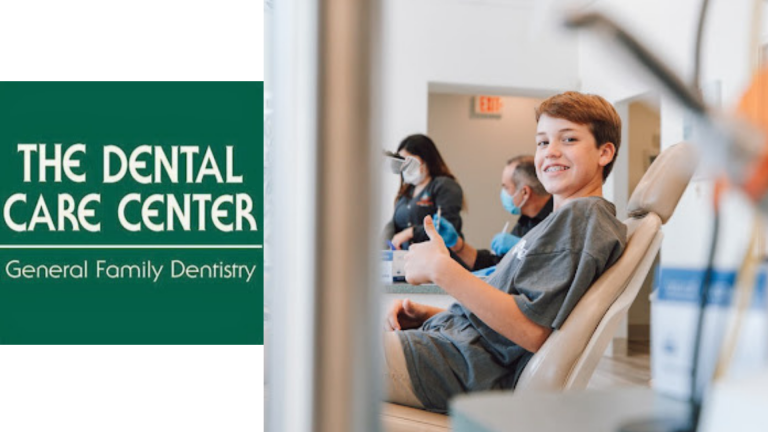
When you’re caring for a child, it’s important to factor in their various needs that contribute to their overall health and well-being. Providing nurturing, loving care helps to strengthen the emotional bond between parent and child, and offering care for a child’s physical needs can protect their health over the long term. One area in particular that needs attention is the oral health of children, which can sometimes get overlooked by parents. We’re here to help you understand why children’s oral care is so important and how to help your child care for their teeth and gums.
Various factors impact oral health, but one of the most common problems among children is tooth decay. When the bacteria in the mouth attach to surfaces, the result is a production of acid that erodes the enamel, which protects the teeth from damage. When the enamel erodes, the teeth become more susceptible to small holes, which are called cavities. Cavities allow bacteria to move into the gums, which can result in infections and tooth loss.
According to the American Academy of Pediatrics, one in 10 children who are 2 years old has at least one cavity. When children reach age 3, the percentage of them having one or more cavities jumps to 28%. By age 5, nearly half of children have at least one cavity. Some parents assume that the health of baby teeth isn’t as concerning since these teeth fall out. However, decay in baby teeth can lead to future problems and impact a child’s oral health now and later in their life.
Start your children young when it comes to healthy oral hygiene habits. As soon as a child has a tooth, you can help them use a small toothbrush that has soft bristles. For kids who can’t spit, use a fluoride-free training toothpaste to get them in the habit. When a child can spit, switch them to a toothpaste with fluoride to protect against plaque. As you teach your child to brush, make sure to clean every tooth thoroughly in the front and back.
Certain habits can also contribute to an increased risk of tooth decay. Children who consume a lot of sugar are more susceptible to tooth and gum problems, as are kids who sip on sugary drinks in bed. Try to avoid giving a child food or drinks in bed, as the sugar can sit on the teeth and cause decay overnight.
Both the American Academy of Pediatric Dentistry and the American Academy of Pediatrics recommend that children establish care with a dentist by the age of 1. Some dental offices offer more relaxed visits for younger children, designed to help them feel comfortable. A pediatric dentist will perform a checkup on your child to make sure the teeth are developing properly and make recommendations based on their findings.
Keeping up with regular dental care with a kids’ dentist is an important aspect of good oral health and hygiene. Schedule an appointment for your child at the Dental Care Center closest to you to learn more.